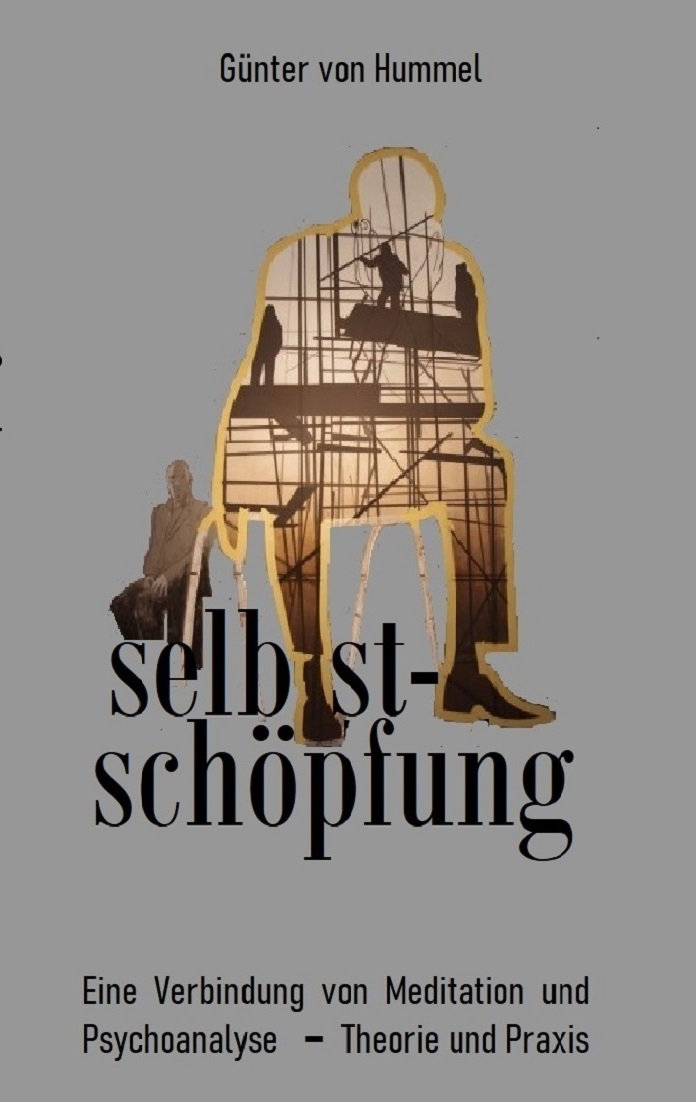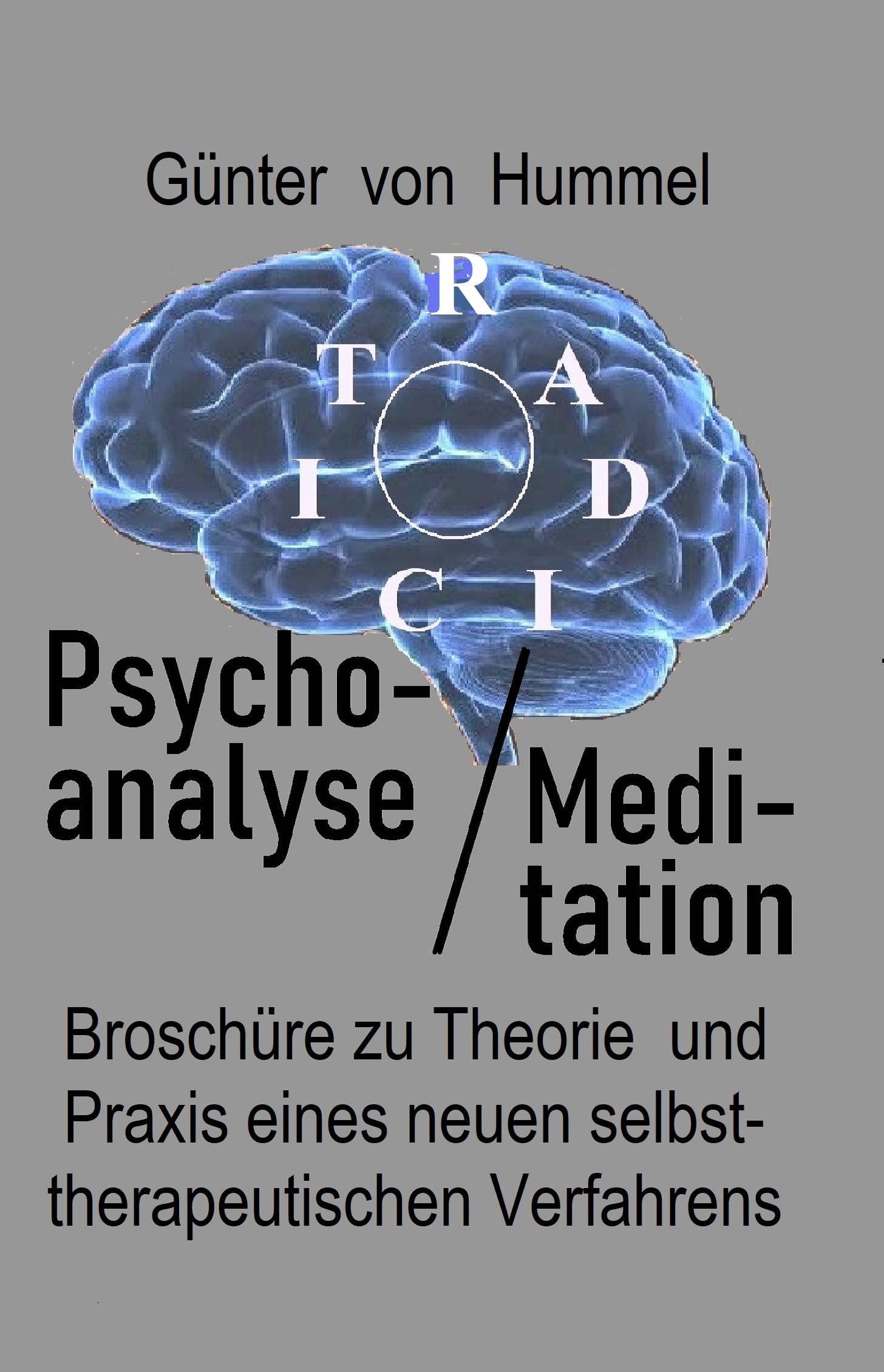Analytic Psychocatharsis - The Method in Brief - Intro
In analogy to S. Freud's psychoanalytic theory, the fundamental approach rests on two basic principles, or drives, or ambitions, or powers, which are universal or ubiquitous [in the psyche, in the mind, the universe in nature etc.]. While Freud contrasted an Eros-life drive, or instinct, against a death wish, or instinct, J. Lacan concedes one of these basic principles as having to do with perception, and the other one as concerning expression, vocalization.


